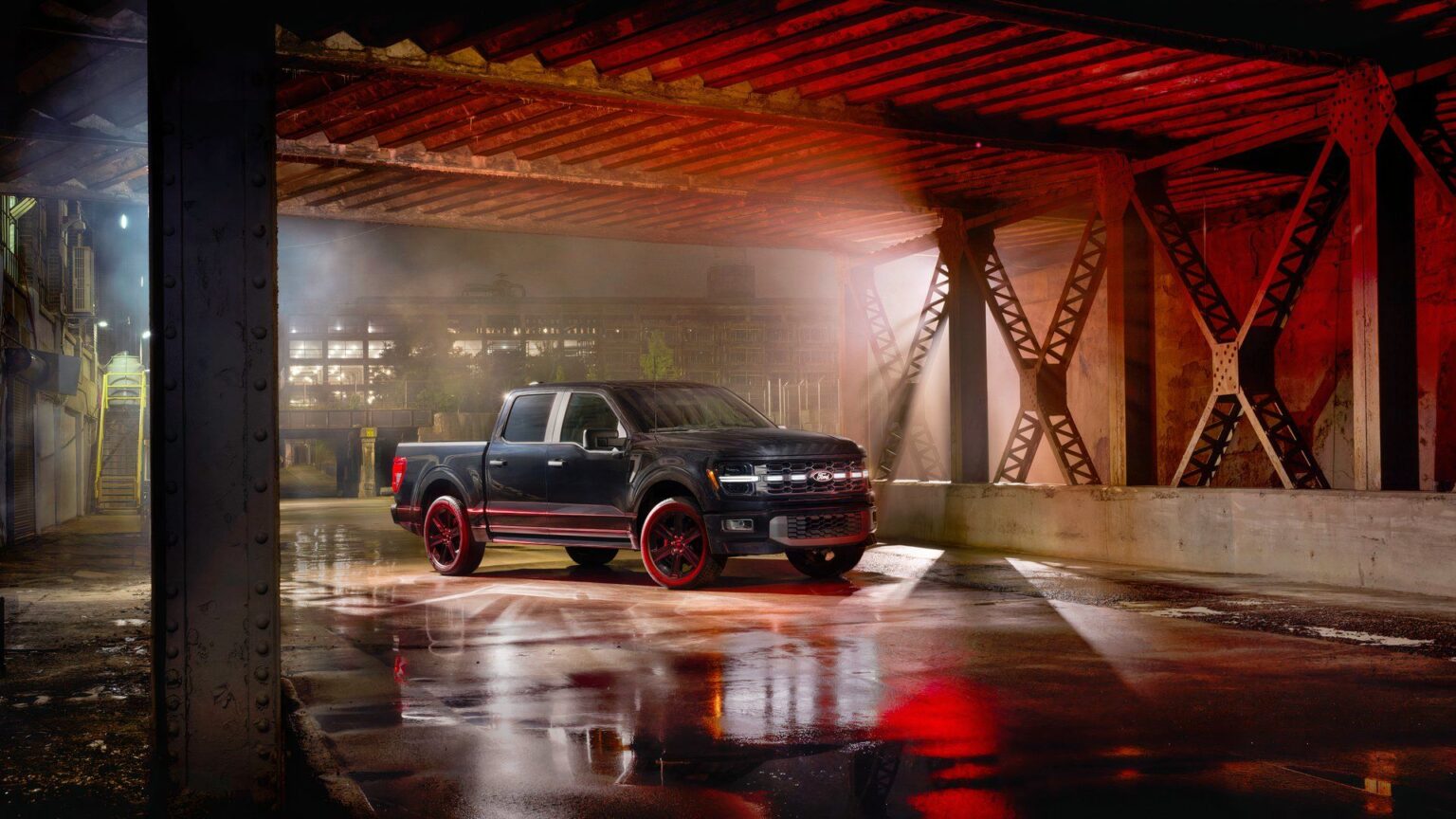Ford has faced a staggering number of recalls in the last few years, but this situation has been particularly severe in recent months. Clearly, something is amiss in the automaker’s product-development department, or is there? Countering that recall narrative, the Dearborn, Michigan-based vehicle manufacturer just won a host of awards for quality. Wait, what?
The Most Awarded Brand
Believe it or not, Ford was the most awarded brand in the 2025 installment of J.D. Power’s influential Initial Quality Study (IQS). The blue oval’s F-150 full-size truck, hard-working Super Duty pickup, Mustang, and Escape were each No. 1 in their respective vehicle segments, the most first-place finishers of any automaker.
Beyond that, half of the eligible Ford products were rated in the top three spots in their respective vehicle classes. “Four segment-topping finishers and overall improving vehicle quality scores for most nameplates show that while we have to remain laser-focused on earning the trust of our customers, we’re headed in the right direction,” said Josh Halliburton, executive director of quality at Ford, in a media release shared by the automaker. “Customers expect new vehicles to make their lives easier, more fun, or both right from the first mile,” he added. Higher quality and fewer defects help owners enjoy their cars and trucks more than if they’re stuck sitting in the dealership service department getting factory defects corrected.
About J.D. Power IQS
J.D. Power’s IQS is an important barometer of vehicle quality. Now in its 39th year, this study tracks problems per 100 vehicles (PP100) during the first 90 days of ownership. For automakers, things are slowly but surely moving in the right direction, as the industry average PP100 for 2025 is 192, down from 194 last year.
“We are making progress improving quality, but we know quality is a marathon, not a sprint”
Digging a little deeper, J.D. Power notes that premium vehicles have more problems than their mass-market counterparts, which is no surprise given their greater complexity. Also, new vehicles, models that just launched, have more issues than nameplates that have been in production for a while. And finally, the analytics firm also notes that plug-in hybrid vehicles are the most problem-prone, more troublesome than pure electric or gasoline-powered models. Again, this is almost certainly because of greater powertrain complexity. Remember, PHEVs basically have two separate drivetrains: an electric setup with a motor (or motors) and a battery pack, as well as a conventional combustion engine with all the hardware that entails.
Overall, How Well Did The Ford Brand Do – Or Not Do?
Looking at J.D. Power’s overall brand rankings reveals a few surprises. What is not shocking, however, is that Lexus finished in the No. 1 spot with a PP100 of just 166. The brand has always been laser-focused on quality, and this continues to show. A shocker, though, is Nissan, which came in second place at just 169. This Japanese brand has not typically been known for quality, but it’s intriguing to see Nissan doing so well here. Hyundai, Jaguar, and Chevrolet round out the top-five finishers.
As for the five worst automakers in J.D. Power’s 2025 IQS we have Mazda and Volkswagen, both with a PP100 of 225. Then comes Infiniti (242), Volvo (258) and, unexpectedly, Audi with a PP100 score of 269, which is kind of a shock for this German luxury brand.
Ford’s PP100 rating was 193, just one more than the industry average of 192. Lincoln was a little further down the chart, but the brand didn’t fare too terribly, clocking in at 206 problems per 100 vehicles, enough to move it up three places compared to last year.
“We are making progress improving quality, but we know quality is a marathon, not a sprint,” said Halliburton, “and we’ll keep working to deliver even better-quality vehicles for customers.” Hopefully, Ford can keep moving in the right direction when it comes to vehicle quality.
Read the full article here


